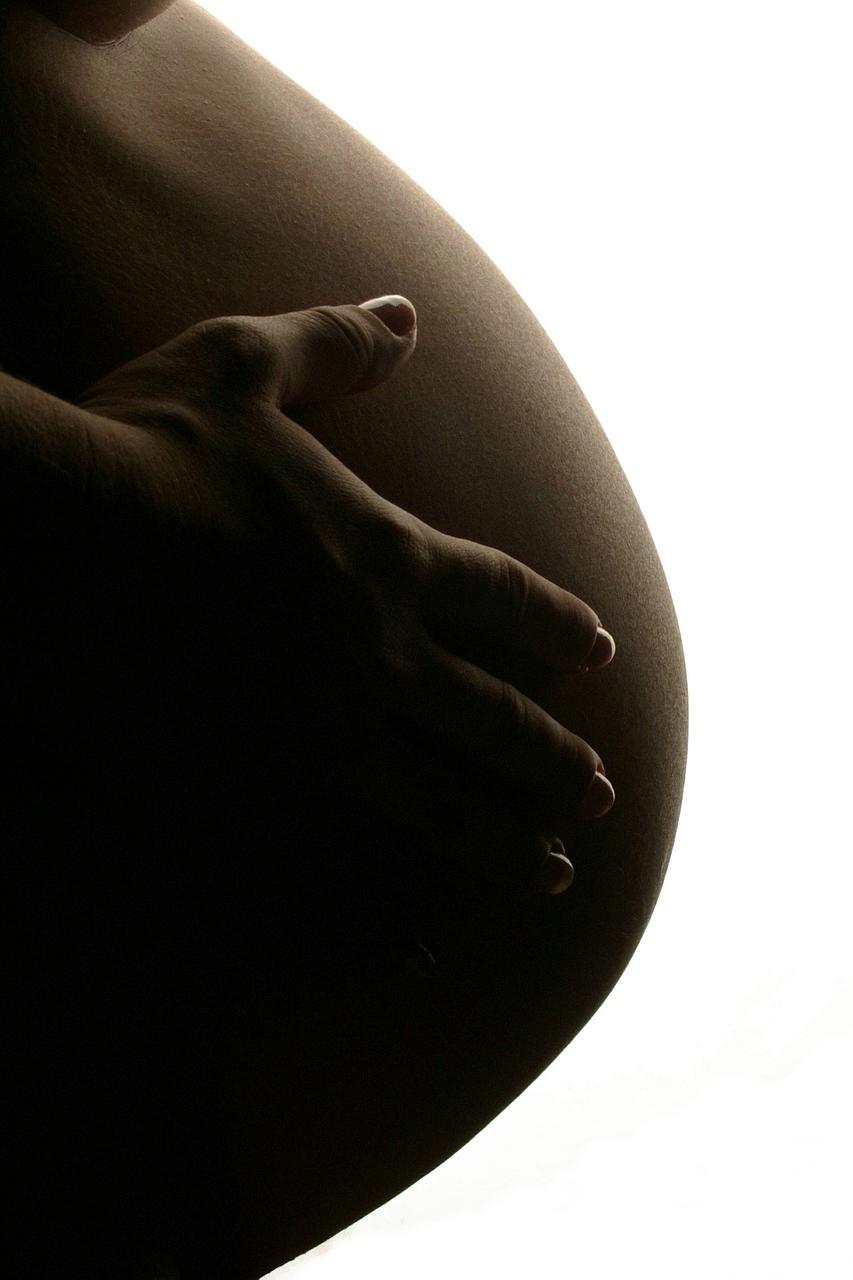During pregnancy, there are numerous considerations around skincare and cosmetic ingredients to ensure the safety and well-being of both the mother and the unborn child. Among these considerations are the use of alpha hydroxy acids (AHAs), beta hydroxy acids (BHAs), and polyhydroxy acids (PHAs) in skincare products.
Alpha hydroxy acids, commonly known as AHAs, are popular ingredients in skincare products due to their exfoliating and skin-brightening properties. However, during pregnancy, the use of AHAs may raise some concerns. AHAs have the potential to disrupt the skin barrier, leaving the skin more vulnerable to the penetration of other substances. As a result, it is advisable to avoid using products containing AHAs during pregnancy.
Similarly, beta hydroxy acids, or BHAs, are often used in skincare products for their anti-inflammatory and exfoliating effects. While BHAs are generally considered safe for use, there is limited research on their safety during pregnancy. It is recommended to exercise caution and consult with a healthcare provider before using products with BHAs while pregnant.
Polyhydroxy acids, also known as PHAs, are a milder alternative to AHAs and BHAs. PHAs provide gentle exfoliation and hydration to the skin without causing irritation. Due to their larger molecular size, PHAs are less likely to penetrate the skin deeply, making them a safer option for use during pregnancy compared to AHAs and BHAs.
When it comes to skincare during pregnancy, it is essential to prioritize the safety of both the mother and the baby. While AHAs and BHAs may offer benefits in non-pregnant individuals, the potential risks associated with these ingredients during pregnancy make it prudent to err on the side of caution.
Consulting with a healthcare provider or dermatologist can provide personalized recommendations on safe skincare practices during pregnancy. They can offer guidance on alternative ingredients or products that are considered safe for use during pregnancy, ensuring that the mother’s skincare routine supports both her well-being and the health of the developing fetus.
Understanding the potential impact of skincare ingredients on pregnancy outcomes is crucial for expectant mothers seeking to maintain their skincare routines while ensuring the safety of their pregnancy. By staying informed and making informed choices about skincare products, pregnant individuals can navigate the world of skincare with confidence and peace of mind.
In conclusion, while AHAs and BHAs may offer benefits in skincare, their safety during pregnancy is a topic of debate and caution. Opting for products with gentle ingredients like PHAs or seeking professional advice can help pregnant individuals maintain healthy skincare practices while prioritizing the safety of themselves and their baby.

